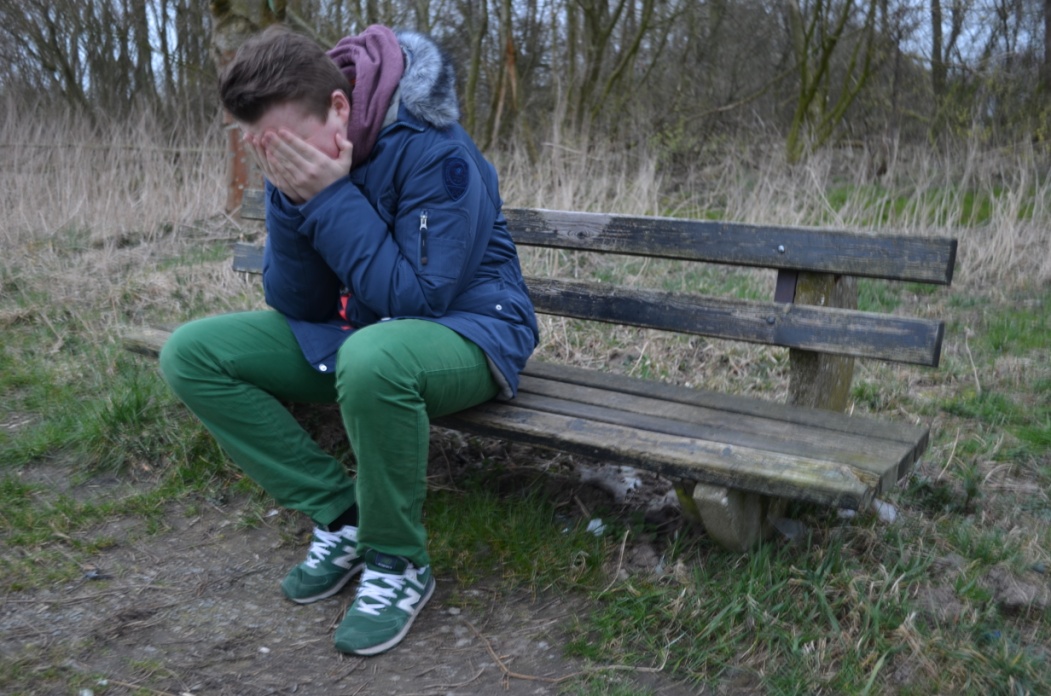What should I do if I feel that I´m being mobbed?

Quicktips
-
Not all acts of violence are mobbing, but mobbing is always an act of violence
-
Anyone can be a victim of mobbing
-
Make mobbing public as quickly as possible
Situation
Not every argument or insult is mobbing.
Mobbing is something that goes on over a longer period of time. It can include physical violence as well as psychological and is typically constant tormenting, harassing and hurting.
Social networks have expanded the spectrum to include `cyber-bullying` via internet, smartphones / mobile phones.
But whether mobbing or cyber-bullying, we are talking about attacks , physical and verbal, as well as lies. The spread of private or faked photos invade the victim´s privacy.
Why the perpetrator mobs is often unknown, but boredom, jealousy as well as personal problems can all be at the root of the problem. The victim is viewed as an outsider and mobbing can be seen as a demonstration of power or a way of dealing with a perceived competitor.
The effects on the victim are varied. Behavior changes are common. He/she might become aggressive, sad, introverted or mistrustful. Often they will suffer from a lack of concentration, over-sensitivity or become unmotivated. Also physical symptoms may occur such as frequent headaches, stomach aches, loss of appetite, nightmares , difficulty in sleeping, weepiness and so on.
What can you do?
There is no standard method of dealing with mobbing as each victim and perpetrator is different. However, in every case you should:
-
React immediately
-
Set clear rules
-
Make notes of any instances which can later be used as evidence of mobbing
-
Speak to someone you trust
-
Speak to the perpetrator
-
If necessary ask a third person to help (colleague, teacher, family member)
-
Try to find out what is causing the conflict
-
Make the mobbing public, don`t suffer in silence
-
If necessary ask for help from an advice centre


